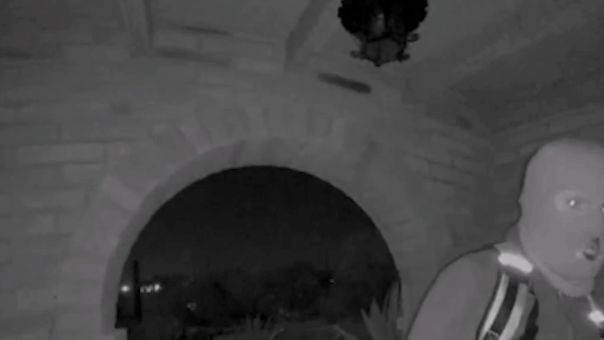Tom Homan: Biden is most concerned with optics
Former acting ICE director Tom Homan explains how President Biden's border strategy is enticing more illegal immigration and voices concerns with ICE's new policy to consider migrants' military service.
Illegal immigrants in Massachusetts will be able to obtain driver's licenses after state lawmakers voted Thursday to override a veto from Republican Gov. Charlie Baker on the legislation.
The state Senate voted 32-8 despite Baker's objection and a day after the House voted 119-36 on the same measure, dubbed the Work and Family Mobility Act. Both chambers are controlled by Democrats. The bill, H.4805, would allow those without legal status to apply for a driver's license if they can show proof of their identity and residency in Massachusetts.
On Wednesday, State House Speaker Ron Mariano said the legislation will "increase safety on our roads by ensuring that everyone has access to a driver’s license, regardless of immigration status."
Baker vetoed the bill last month, saying in a letter to the House that it "undoes a critical safeguard to the driver's license issuance process" and that the Registry of Motor Vehicles doesn't have the expertise or ability to verify many types of documents from other countries.
"We are a nation of immigrants. We all benefit from increased public safety," state Senate President Karen Spilka said after Baker's veto in May. "And everyone deserves to feel safe and get to work, pick up children and be a part of their communities without fear. The @ma_senate looks forward to overriding this misguided decision."
Under the new law, someone in the country illegally would have to provide a passport or consular identification document to apply for a driver's license.
They will also have to provide one of five additional documents: a driver’s license from another U.S. state or territory; a birth certificate; a foreign national identification card; a foreign driver’s license; or a marriage certificate or divorce decree from any U.S. state or territory.
Supporters of the bill said it would allow thousands of unlicensed drivers to travel to work and school without fear and would enhance safety on the road. Critics contend it could have negative impacts on public safety and could threaten the electoral process.
"I have very grave concerns about the impacts this bill will have on public safety and the integrity of our elections," Rep. Steve Xiarhos, a Republican, said Wednesday on social media. "I consistently voted against this bill and I remain opposed to its passage into law."
CLICK HERE TO GET THE FOX NEWS APP
The bill will go into effect July 2023.
With the passing of the law, Massachusetts joins 16 other states and Washington D.C., that have similar laws. Other states like California, New York and Utah already do the same.
The Associated Press contributed to this report.












































